Nigeria is grappling with a shortfall in petrol supply as the Dangote Refinery falls short of its anticipated production levels. Local oil dealers are calling for urgent imports to bridge the gap and avert potential fuel shortages, according to reports from the Nigerian oil sector.
The Dangote Refinery, initially hailed as a game-changer for Nigeria’s energy landscape, has yet to deliver the 25 million liters of petrol per day that was promised. A senior official from a major Nigerian oil marketing firm expressed concern, noting, “There is a lot of confusion in the industry. Even the Dangote refinery, the actual volume of petrol that comes out from there right now is not up to what it claims to be producing.”
At present, Nigeria’s daily demand for petrol is estimated at around 40 million liters, but current production at the Dangote Refinery is reportedly well below this. “I reliably confirmed that they are not refining up to 10 million liters of petrol daily. And even for AGO [diesel], they don’t have enough volumes. We are in confusion right now in the downstream oil sector,” the source said, highlighting the growing concern among industry stakeholders.
The refinery’s limited output is placing additional pressure on Nigeria’s already strained fuel supply system. While the Nigerian National Petroleum Company Limited (NNPCL) has been responsible for supplying petrol across the country, it has not yet increased imports to make up for the shortfall from Dangote’s production. This situation, according to oil marketers, could lead to disruptions in fuel availability, further complicating the energy sector’s recovery.
In response, the Independent Petroleum Marketers Association of Nigeria (IPMAN) is preparing to take matters into its own hands by initiating petrol imports. IPMAN Vice President Hammed Fashola explained that the association is taking proactive steps to ensure stability in the fuel market. “We believe it’s crucial to have alternative sources of supply to avoid monopolies and ensure a stable fuel market,” he said, emphasizing the importance of diversifying Nigeria’s petrol supply sources.
To this end, IPMAN has acquired two tank farms and is in the process of applying for import licenses. Once these licenses are secured, IPMAN plans to begin importing petrol, which is expected to help stabilize supply and avoid potential price hikes that could arise from fuel shortages. Fashola also noted that while the price of imported petrol will be influenced by international crude oil prices, securing alternative supply lines is critical to ensuring the Nigerian market remains balanced.
Interestingly, Fashola revealed that no oil marketer has yet lifted petrol directly from the Dangote Refinery. Instead, major marketers are relying on the allocation provided by NNPCL. This highlights the refinery’s ongoing production challenges and the broader uncertainty surrounding its ability to meet the country’s fuel demands.



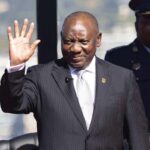

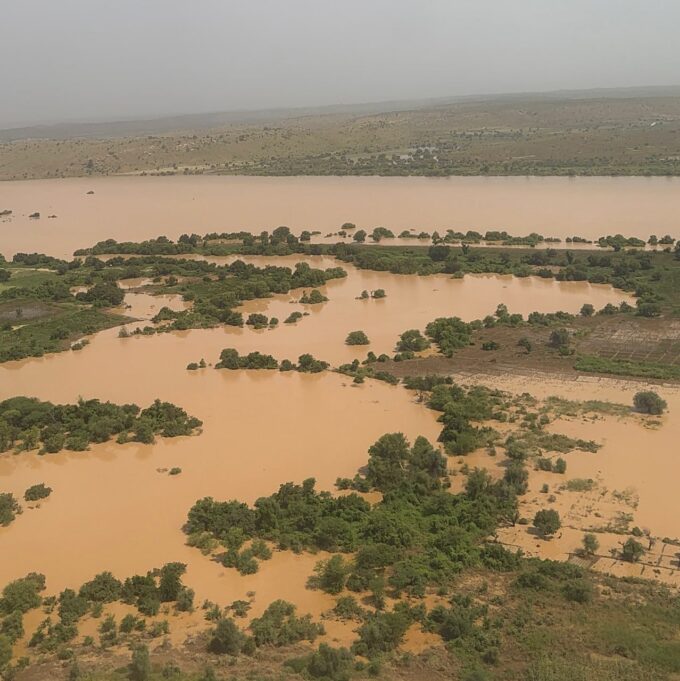
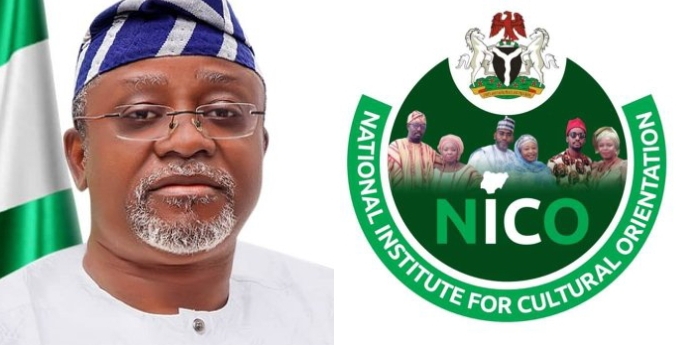


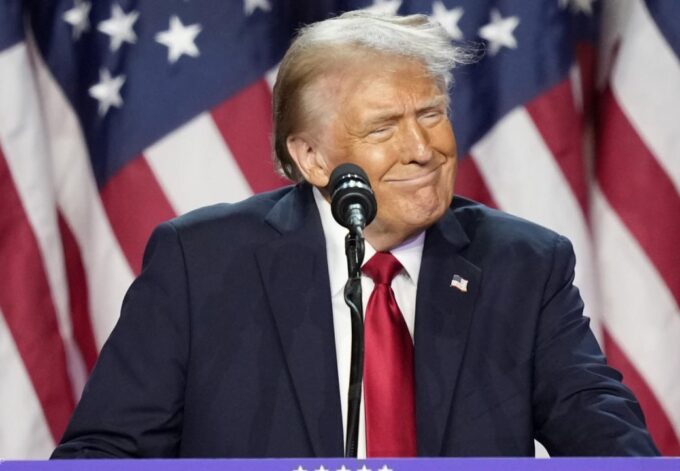
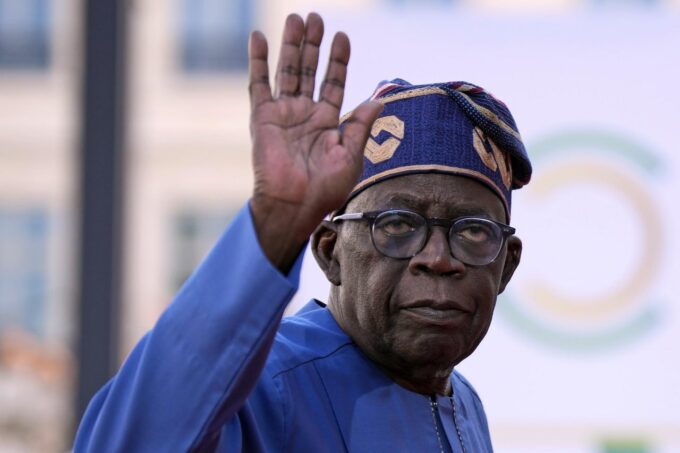


Leave a comment